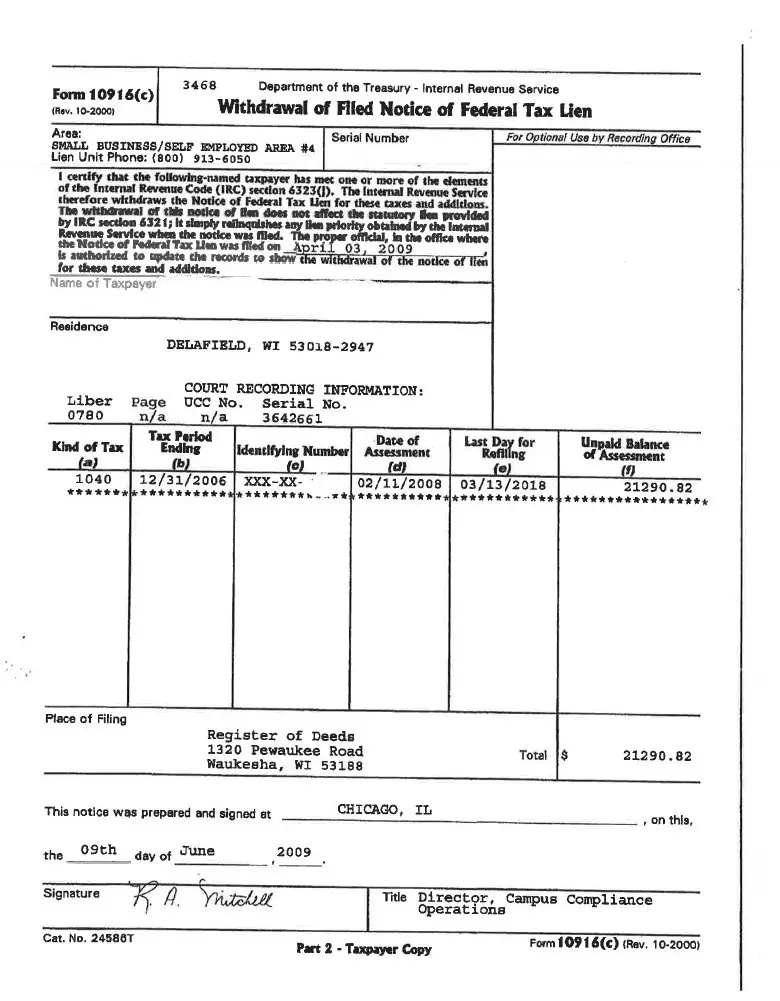Looking for the perfect auto insurance policy but not sure where to start? We’ve got you covered! In this article, we’ll walk you through the process of choosing an auto insurance policy in a simple and straightforward manner. No need to worry about complicated jargon or overwhelming options. We’ll break it down step by step, ensuring you have all the essential information necessary to make an informed decision. So, if you’re ready to learn how to choose an auto insurance policy that suits your needs and protects your vehicle, keep reading!
How to Choose an Auto Insurance Policy
Choosing the right auto insurance policy is an important decision that can often feel overwhelming. With so many options available, it’s essential to understand the factors to consider in order to make an informed choice. In this comprehensive guide, we will break down the key considerations when choosing an auto insurance policy. From understanding coverage types to comparing quotes, we will provide you with the knowledge to confidently select the policy that best suits your needs.
Understanding Types of Coverage
Before diving into the details of choosing an auto insurance policy, it’s crucial to have a clear understanding of the different types of coverage available. Auto insurance generally includes several components, and comprehending each one will help you determine the coverage you require. Here are the main types of coverage to consider:
- Liability Coverage: This type of coverage protects you financially if you are at fault in an accident. It includes bodily injury liability, which covers injuries to others, and property damage liability, which covers damage to someone else’s property.
- Collision Coverage: Collision coverage pays for repairs to your vehicle in the event of an accident, regardless of fault. This coverage is particularly important if you have a newer or more valuable car.
- Comprehensive Coverage: Comprehensive coverage helps cover the costs of damages to your vehicle resulting from incidents other than collisions. This can include theft, vandalism, weather damage, and more.
- Personal Injury Protection (PIP): PIP coverage is designed to cover medical expenses for you and your passengers in the event of an accident, regardless of fault.
- Uninsured/Underinsured Motorist Coverage: This coverage protects you if you are involved in an accident with a driver who either has no insurance or insufficient insurance to cover the damages.
Evaluating Your Needs
Determining the right auto insurance policy for your needs starts with evaluating your specific requirements. Ask yourself the following questions to gain clarity on what you’re looking for:
- What is the value of your vehicle? If you have a newer or high-value car, you may want to consider comprehensive coverage to protect against potential damages.
- How much can you afford to pay out of pocket in the event of an accident? Taking into account deductibles and potential repairs, consider how much coverage you need to ensure you won’t be left with a significant financial burden.
- Do you have a good driving record? If you have a clean driving history, you may be eligible for lower premiums or discounts. It’s important to understand how your driving record can impact your insurance rates.
- Do you have a specific budget in mind for your auto insurance? Determining a budget will help you narrow down your choices and select a policy that aligns with your financial situation.
Researching Insurance Companies
Once you have a clear understanding of the coverage types you need and your specific requirements, it’s time to research insurance companies. Here are a few factors to consider when evaluating potential insurers:
Financial Stability
You want to choose an insurance company that is financially stable and has a good track record of paying claims. Look for ratings from reputable agencies such as A.M. Best, Standard & Poor’s, or Moody’s. These ratings can provide insight into the financial strength and stability of the insurer.
Customer Service and Reputation
Consider the reputation of the insurance company and their customer service track record. Online reviews, customer testimonials, and feedback can offer valuable insights into the experiences of other policyholders. Look for a company that is responsive, helpful, and has a reputation for providing excellent customer service.
Coverage Options and Discounts
Evaluate the range of coverage options and discounts offered by different insurers. Some companies may offer unique add-ons or discounts that align with your needs and preferences. For example, if you have a good driving record, look for insurers that provide discounts for safe driving habits.
Claims Process
Understanding the claims process is essential in selecting an insurance company. Research how easy it is to file a claim, the turnaround time for claim resolution, and the overall customer satisfaction with the claims process. A smooth and efficient claims process can make a significant difference during stressful times.
Comparing Quotes
Once you have narrowed down your options to a few insurance companies, it’s time to request quotes. Remember to compare quotes based on the coverage options and limits you determined earlier. When comparing quotes, consider the following:
- Ensure that the coverage limits and deductibles are the same for each quote to make a fair comparison.
- Look beyond the premium cost alone. Consider the value you are receiving in terms of coverage, customer service, and reputation.
- Take note of any additional fees or charges that may be applicable.
- Consider bundling your auto insurance policy with other policies, such as homeowner’s insurance, to potentially save money through multi-policy discounts.
Reviewing the Policy Details
Before finalizing your decision, carefully review the policy details of the insurance company you’re considering. Pay attention to the following:
- The coverage limits for each type of coverage and any exclusions or limitations.
- The deductible amounts for each type of coverage and how they apply.
- Additional coverage options or endorsements that may be available.
- Any terms and conditions related to the policy, such as cancellation policies or grace periods for premium payments.
Seeking Professional Advice
If you still find the process overwhelming or are unsure about certain aspects, don’t hesitate to seek advice from a trusted insurance agent or broker. They can provide personalized recommendations tailored to your specific needs and help you navigate the complexities of choosing an auto insurance policy.
Choosing an auto insurance policy is a significant decision that requires careful consideration. By understanding the types of coverage, evaluating your needs, researching insurance companies, comparing quotes, reviewing policy details, and seeking professional advice when needed, you can make an informed choice that provides the coverage and peace of mind you deserve. Remember, an auto insurance policy is not something to be rushed – take the time to explore your options and select the policy that offers the best protection for you and your vehicle.
How Much Car Insurance Do I Actually Need?
Frequently Asked Questions
Frequently Asked Questions (FAQs)
What factors should I consider when choosing an auto insurance policy?
When selecting an auto insurance policy, there are several key factors to consider:
- The coverage options provided
- The cost of the policy and the deductible
- Your driving habits and history
- The reputation and financial stability of the insurance provider
- The level of customer service and support offered
How do I determine the coverage options I need in an auto insurance policy?
To determine the coverage options you need, consider the following:
- The minimum legal requirements in your state
- The value of your vehicle
- Your budget and willingness to pay out of pocket
- Additional coverage options for comprehensive, collision, and uninsured/underinsured motorists
Are there different types of auto insurance policies available?
Yes, there are different types of auto insurance policies available, including:
- Liability insurance
- Collision insurance
- Comprehensive insurance
- Uninsured/underinsured motorist insurance
- Personal injury protection (PIP) or medical payments coverage
What is the role of deductibles in an auto insurance policy?
Deductibles are the amount you are responsible for paying out of pocket before your insurance coverage kicks in. Higher deductibles typically result in lower insurance premiums, while lower deductibles result in higher premiums. Consider your financial situation and the amount you can comfortably afford to pay in the event of an accident when choosing a deductible.
Does my credit score affect my auto insurance premiums?
Yes, in many states, your credit score can impact your auto insurance premiums. Insurance providers use credit-based insurance scores to assess the likelihood of a policyholder filing a claim. Maintaining a good credit score can help you secure lower insurance premiums.
What discounts are available for auto insurance policies?
Various discounts may be available, which can help lower your auto insurance premiums. Some common discounts include:
- Safe driver discounts
- Good student discounts
- Multi-policy discounts
- Affiliation discounts (such as military or professional organizations)
- Anti-theft device discounts
How do I compare auto insurance quotes from different providers?
When comparing auto insurance quotes, be sure to:
- Ensure the coverage options and limits are comparable
- Consider the reputation and financial stability of the insurance providers
- Review any additional benefits or features offered
- Compare the deductibles and premiums for each quote
What should I do if I need to make changes to my auto insurance policy?
If you need to make changes to your auto insurance policy, such as updating your coverage, adding or removing drivers, or changing your contact information, contact your insurance provider directly. They will guide you through the process and provide any necessary forms or documentation.
Final Thoughts
When it comes to choosing an auto insurance policy, there are a few key factors to consider. First, assess your needs and budget to determine the level of coverage you require. Research different insurance providers to compare rates, customer reviews, and financial stability. Look for a policy that offers the necessary coverage options, such as liability, comprehensive, and collision. Additionally, review the deductible amounts and any additional benefits or discounts offered. Prioritize customer service and claims handling when making your decision. By carefully evaluating these factors and understanding your requirements, you can confidently select an auto insurance policy that meets your needs and provides the coverage you need.



